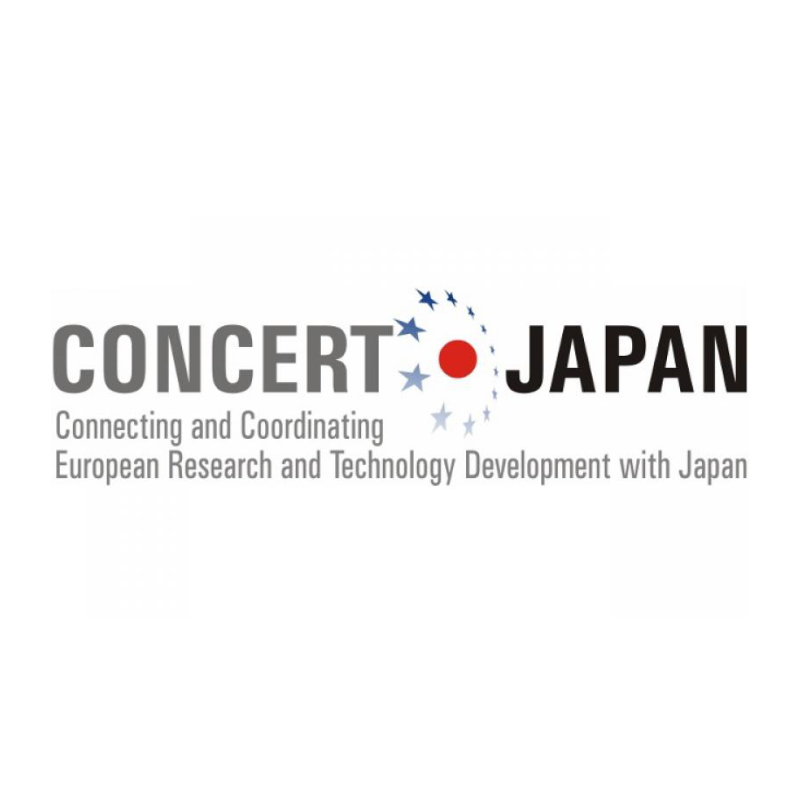Cities and municipalities in Europe and Japan must be prepared to face various risks and threats today. They must be prepared for the various changes that the future will bring so that they can survive, that they will be able to keep society functioning even in crisis situations that arise in the event of disasters. On the one hand, these changes are long-term, the consequences of which can be felt later, but on the other hand, changes can occur rapidly, unexpectedly, unprecedentedly. As the Fukushima disaster has clearly confirmed, the cascading effect of a natural disaster (tsunami) with a technological threat (nuclear power plant) is a serious threat that should have been addressed in advance in the urban planning process.
The main theme of the URBIPROOF project is to contribute to increasing the institutional and social preparedness of society in Europe (especially Slovakia and Germany) and Japan in order to make our cities and municipalities more resilient to disasters that are becoming more frequent (eg extreme changes are a growing threat). weather due to climate change).




